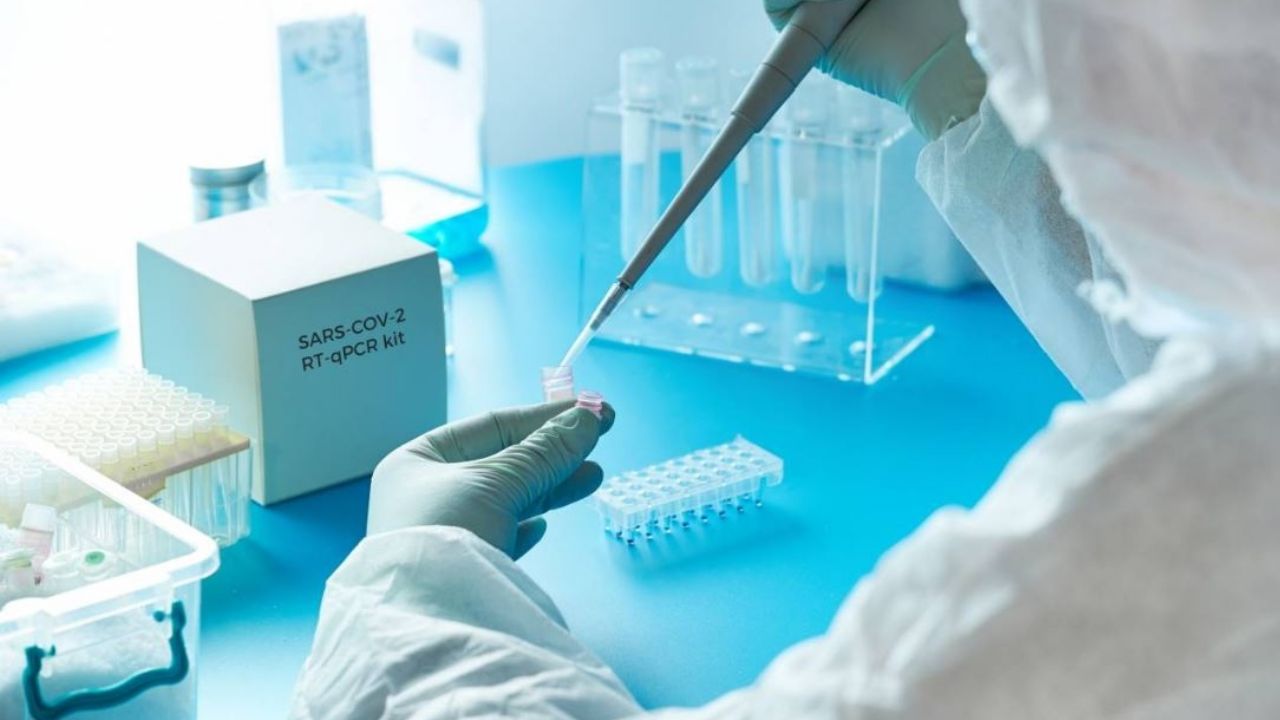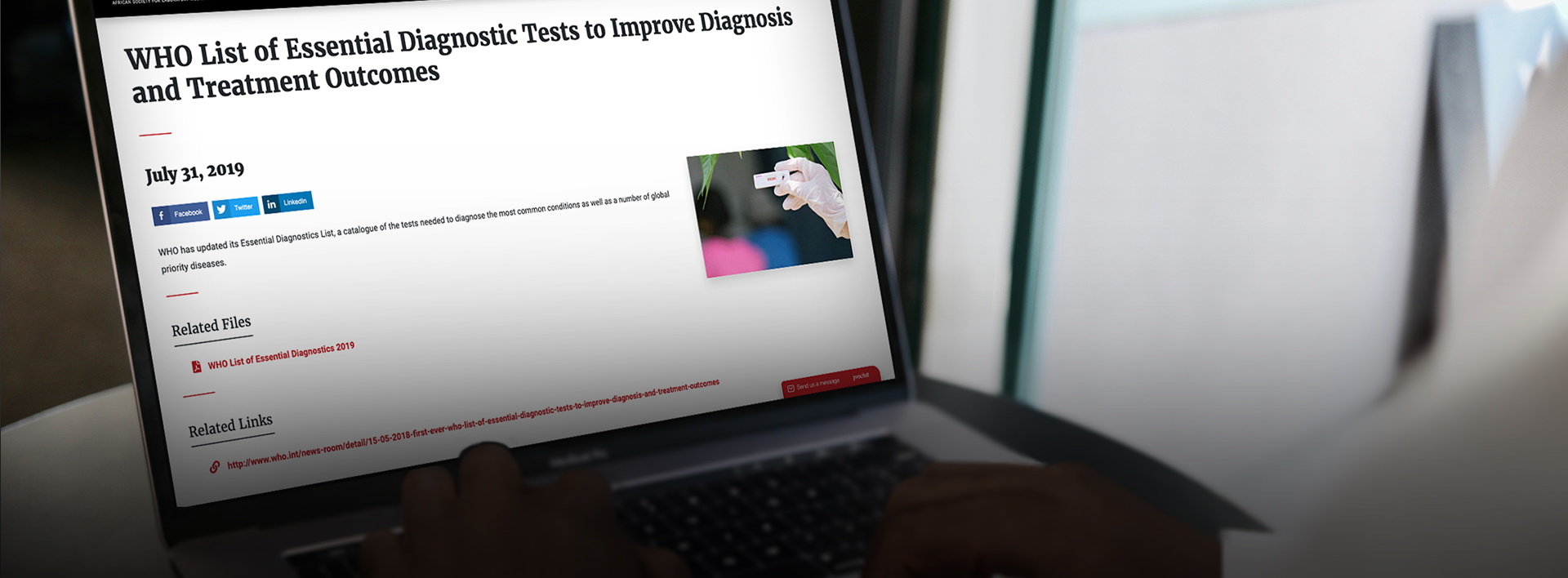Resource Centre
COVID-19 ECHO Session #48: The Evolving Role of Diagnostics in the COVID-19 Pandemic Response
September 10, 2021

On 9 September 2021, this COVID-19 ECHO session was convened to discuss the evolving role of diagnostics in the COVID-19 pandemic response. Testing, when used effectively, is one critical tool that supports control of any disease outbreak including the COVID-19 pandemic. Swift case identification and contact tracing inevitably prevent further disease transmission. Researchers have worked to develop, improve and scale up various types of diagnostic tests to quickly and accurately detect COVID-19. PCR tests remain a primary method and a ‘gold standard’ test for detecting, and a precursor for SARS-CoV-2 genome sequencing. New molecular tests continue to emerge including the Loop-mediated Isothermal Amplification (LAMP) test, which promises to be more affordable, faster and easier to utilise than PCR tests. Other than molecular based assays rapid antigen detection tests (Ag RDT), offer massive potential for large scale screening and surveillance activities. In this session, Rosanna W. Peeling, Professor and Chair, Diagnostics Research Director, International Diagnostics Centre, London School of Hygiene & Tropical Medicine, takes a closer look at the comparative utility of these diagnostics and how they have evolved regarding the challenges and opportunities of field implementations. She discusses how the lessons learnt can objectively inform the improvements of COVID-19 testing, surveillance and research strategies for the pandemic response, and for possible future epidemic management. Please follow the links to view the recording and download slides for your further reference.

